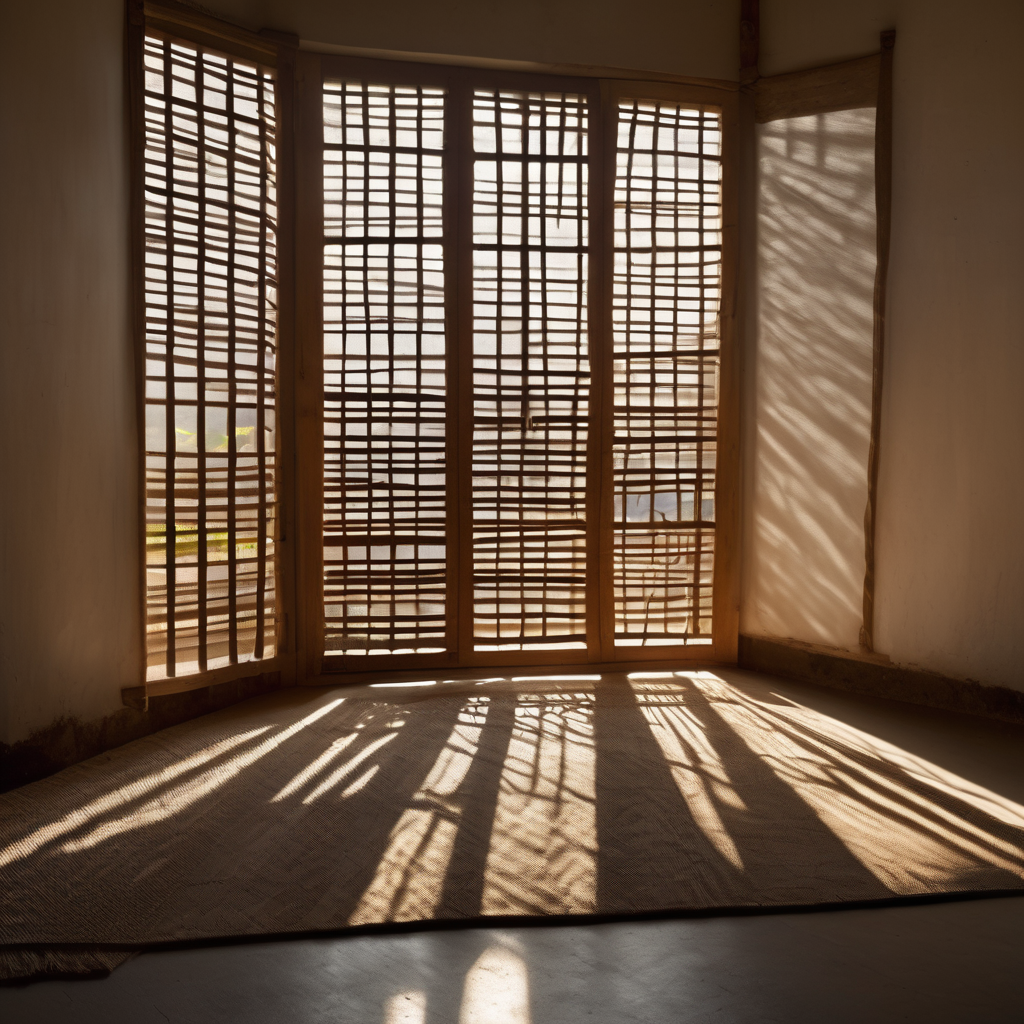Recent statistics from the Fiji Corrections Service have revealed troubling trends within the inmate population, highlighting an increase in serious crimes committed by both elderly and youth offenders. Superintendent Isireli Dausiga, who directs Rehabilitation at the Fiji Corrections Service, reported that individuals aged between 51 and 85 are now convicted of serious offenses, including rape, sexual assault, money laundering, and murder. This marks a significant shift from previous observations where older demographics were generally not linked to such violent crimes.
Conversely, younger offenders are primarily associated with “grab-and-run” thefts and substance abuse issues, pointing to the diverse challenges facing Fiji’s corrections system. Dausiga described these statistics as a “wake-up call” for families, stating that prison has regrettably become an “exit point” for school leavers who lack parental and moral support.
Among the total prisoner population of 1,654, 72 percent are iTaukei, while Indo-Fijians account for 22 percent. The statistics also show an emergence of inmates from smaller communities, such as the Rotumans and Banabans, with their first recorded cases in 30 years, further complicating the crime narrative in Fiji.
The youth demographic within prisons accounts for 739 individuals, reflecting broader societal issues. Religious affiliations among inmates were also noted, with 83 percent identifying as Christian, 12 percent as Hindu, and 5 percent as Muslim. Dausiga urged the Christian community to convert their faith into moral actions, emphasizing that the home is fundamental for moral education.
Additionally, the data reveals that 14 inmates are grappling with mental health issues, while 129 individuals aged between 61 and 85 face various health challenges, including dementia, which complicates the role of correctional facilities as they increasingly serve as elder care homes.
This worrying rise in crime, especially among the youth, resonates with concerns previously expressed by officials, including the Commissioner for Corrections. Reports reveal there are 74 individuals aged 25 and under currently in custody, with ongoing efforts aimed at rehabilitating and reintegrating these young offenders into society.
Despite these concerning statistics, there remains hope. Authorities continue to push for community engagement and proactive strategies to deter youth from entering the corrections system. By fostering collaborations between families, local communities, and government entities, there exists a tangible opportunity for a better future for Fiji’s younger generation, guiding them towards positive choices and healthier lifestyles.
